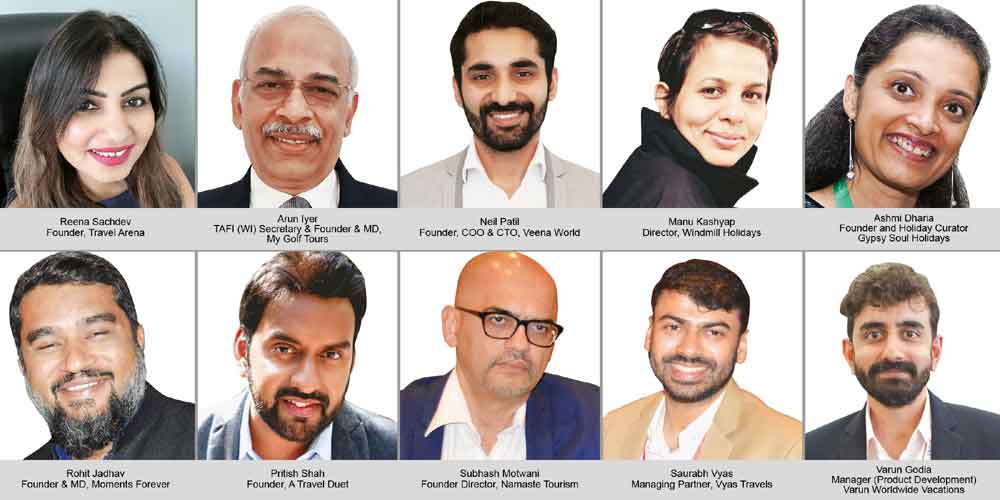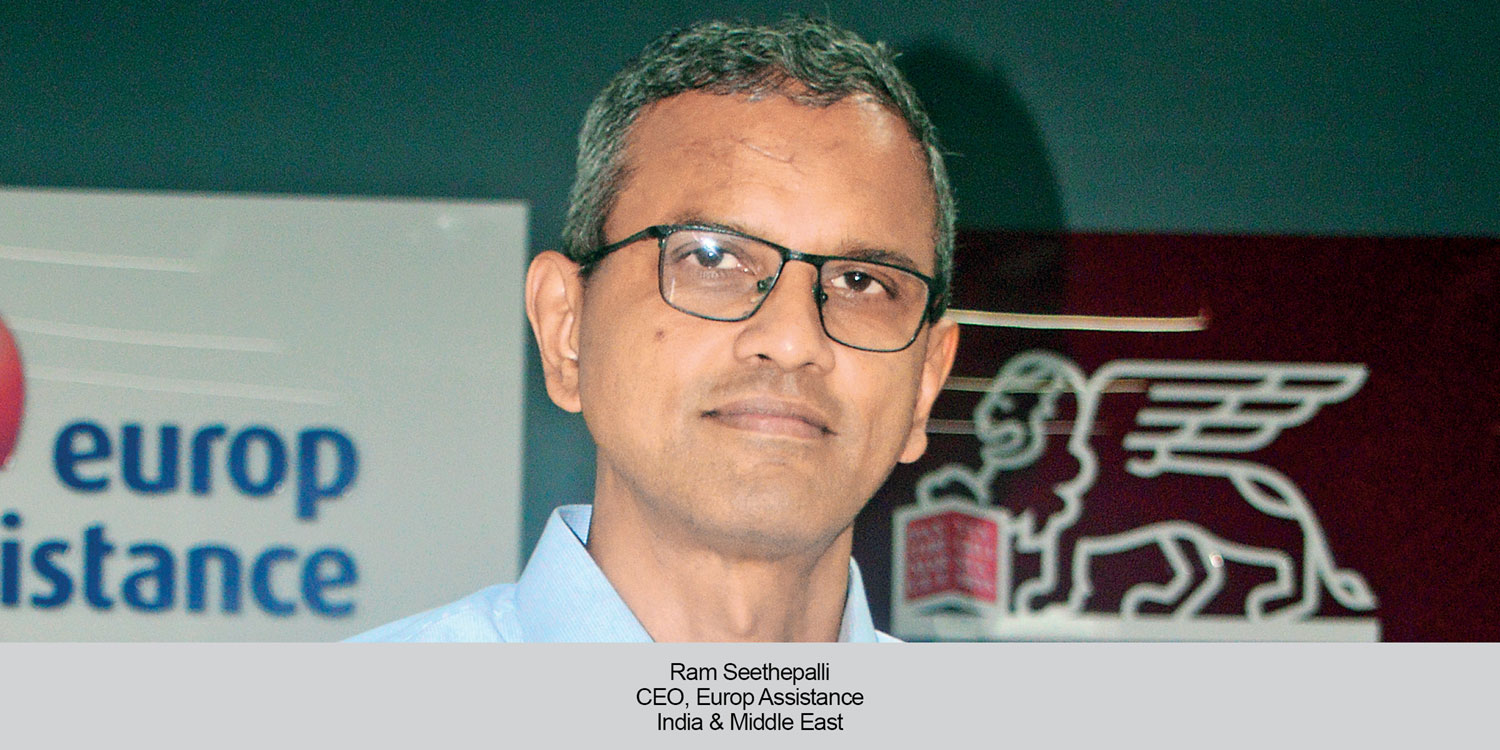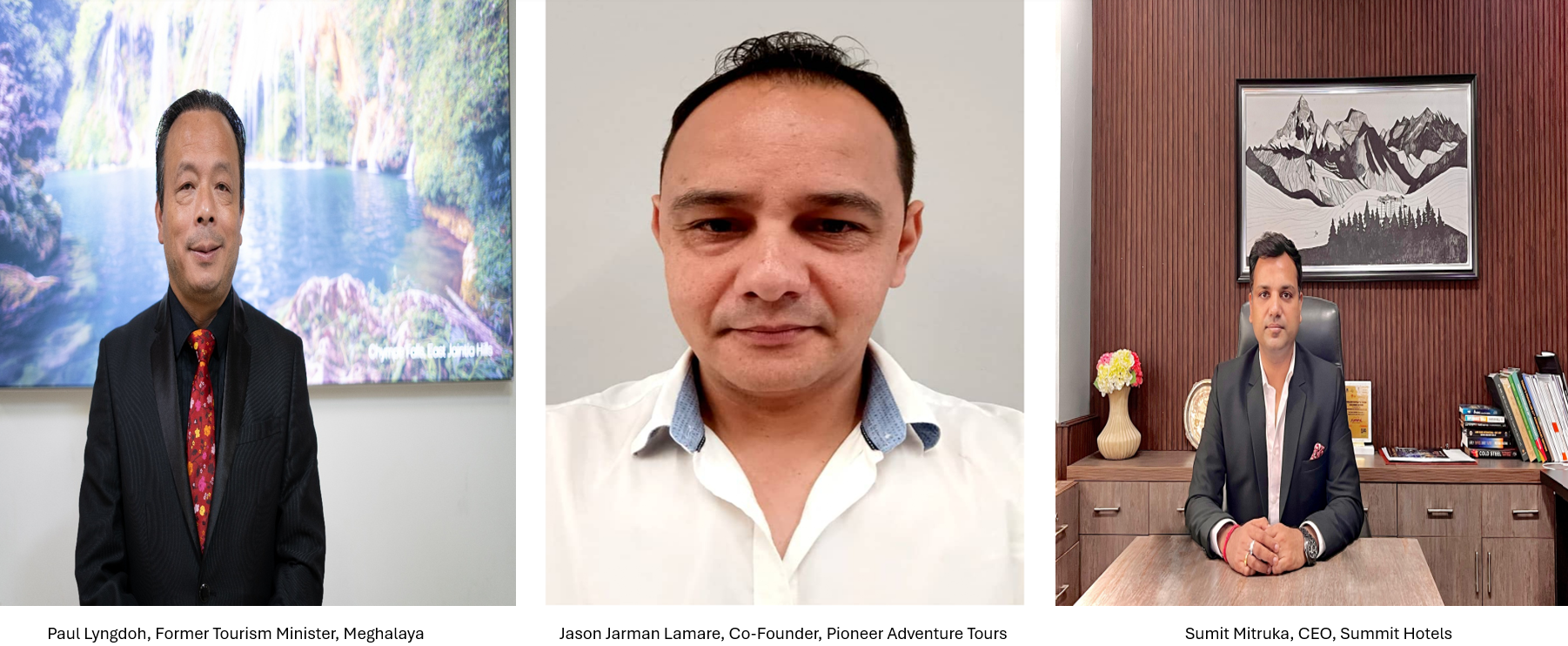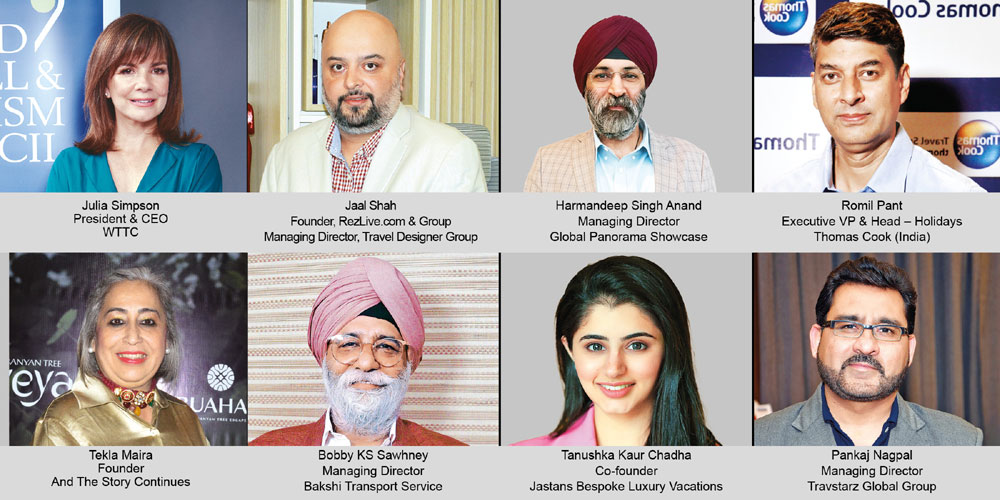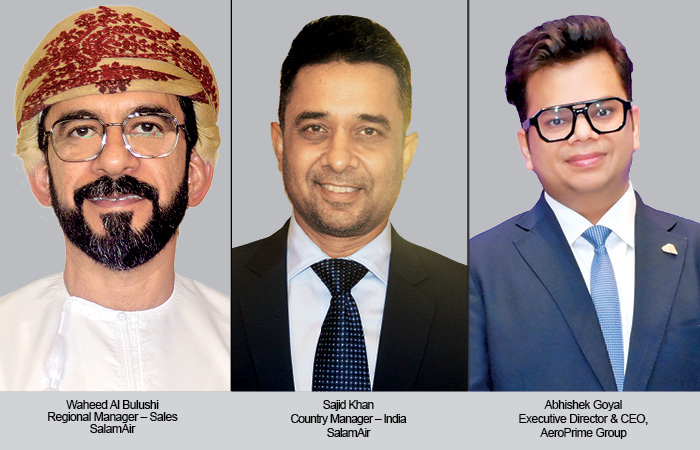In the age of familiarisation trips, agent reconnaissance seems to be a lost art. Or is it? We speak to key operators who continue to invest in product by exploring new destinations by themselves.
Hazel Jain
Given the premium nature of services that the travel agents and tour operators provide, it is imperative that they, as domain experts, personally assess potential suppliers, understand their capabilities and offerings, and curate exceptional products and experiences for their elite customers.
Reena Sachdev, Founder, Travel Arena, has been exploring places without any official fams for more than 10 years and has managed to create great business for not-so-known destinations like Malta, Italy, Peru, Argentina, Portugal, South of France, Spain, Mexico, Cuba, and Egypt. “I have explored them at my own pace, which has given us the first-mover advantage. Considering what we sell is intangible, our overheads are not as high as other businesses and that only makes our responsibility greater. Customers trust our expertise as they cannot touch and feel the product before buying. The least we as sellers can do is personally visit and take actual stock of the experience our clients are going to have before expecting them to entrust us with their business, especially in the luxury segment,” she says.
When it comes to niche tourism, success is not achieved through mere brochure distribution or social media marketing. Building credibility is paramount. As specialists in golfing vacations, Arun Iyer, TAFI (WI) Secretary & Founder & MD, My Golf Tours, has invested in premium private golf club memberships, which allows him to interact with golf enthusiasts, understand their preferences, and tailor his offerings. “Destinations like Ras Al Khaimah, Saudi Arabia, Bahrain, and Qatar offer premium sports events, such as the European Tour, F1 circuits, and World Cup football championships,” Iyer adds.
In today’s digital age, research on travel can be effortlessly conducted online. But the true essence of understanding a destination unfolds when one embarks on a recce trip. Neil Patil, Founder, COO & CTO, Veena World, shares, “These, in turn, enrich your product far beyond what surface-level online research can provide. I have done a number of recce trips that have not only been important for product development and enhancement but have also significantly contributed to my podcast and content.”
Enhance your product
Prioritising quality and customer satisfaction is paramount, feels Manu Kashyap, Director, Windmill Holidays. “Exploring destinations by ourselves not only sets us apart in the market but also enhances our ability to effectively market, promote, and ultimately sell our products. Investing in these experiences is a valuable strategy for our business, providing competitive advantage by enriching our team’s product knowledge. For instance, my initial visit to New Zealand in 2003 inspired the creation of exceptional self-drive itineraries,” she says.
On-ground knowledge
Ashmi Dharia, Founder and Holiday Curator, Gypsy Soul Holidays, says conducting recce enables her to identify and mitigate potential risks or challenges, such as safety concerns or logistical issues. “It gives us a competitive edge in the market. Clients are more inclined to choose operators with comprehensive destination knowledge and expertise,” she says.
Not just tour operators, but event planners conducting recces also stand to gain. Rohit Jadhav, Founder & MD, Moments Forever, says this is important to explore newer destinations, which is an ask year on year, as the next generation do not wish to repeat the destinations. “That’s how locations like Fujairah in UAE, Qatar, Bahrain, Oman were brought on the map by the industry for Indian weddings. For that matter even in India, cities like Goa, Udaipur and Jaipur have so many new hotels coming up, it becomes imperative for planners to visit the new ones to understand the product. I recently travelled to Ras Al Khaimah. It is like a second home to me, where I executed almost 13 large weddings,” Jadhav adds.
Team must travel too
Pritish Shah, Founder, A Travel Duet, says, “We have team members on the road throughout the year and this has truly allowed us to differentiate our offerings. Clients will equally be more at ease when they know you have experienced the destination, hotel, and restaurants yourself.”
Fam trips only show you what the destination wants to sell; the finer nuances can best be explored only if a tour operator explores things on their own. After attending a conference in Osaka, Subhash Motwani, Founder Director, Namaste Tourism, extended the trip and did a recce to travel like a local and visited Hiroshima, Miyajima, Kyoto, Tokyo, Mount Fuji and Hakone. “This way, we are better equipped in recommending how to use the public transport, the Shinkansen trains, as well as recommend not just fine dining restaurants but also street food for those who want to experience Japan in an affordable manner,” he says.
Saurabh Vyas, Managing Partner, Vyas Travels, says, “It’s clear that our customers often know more than us, especially when planning vacations. So, our recce and the quality of products we offer are our best tools in impressing them. I frequently embark on solo trips to expand my knowledge of both, new and familiar destinations.”
Varun Godia, Manager (Product Development), Varun Worldwide Vacations, echoes similar sentiments. “Fam tours are without a doubt useful but can be restricting and limited to what the hosts want us to see. Therefore, in order to get a 360-degree view of a destination or product, sometimes it is necessary to go on your own trip,” Godia shares.
 TravTalk India Online Magazine
TravTalk India Online Magazine

